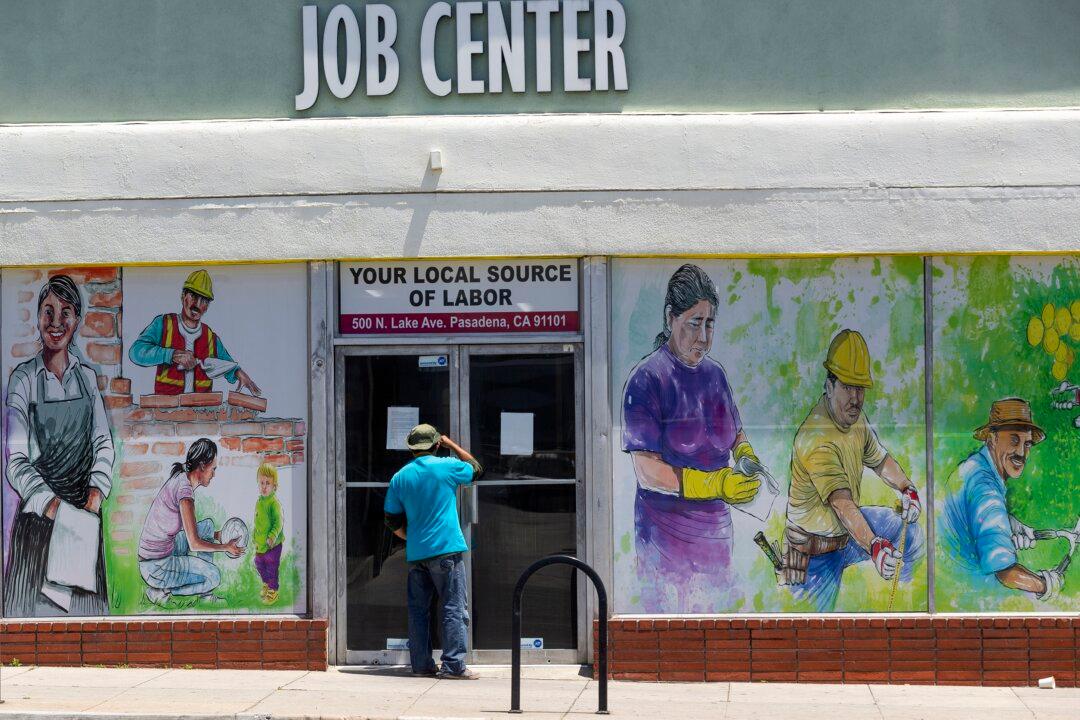LOS ANGELES, Calif.—The Los Angeles County Board of Supervisors will vote July 27 on a three-year pilot program to provide $1,204 per month to 150 county residents aged 18-24.
The money would go to youth who are currently receiving general relief benefits and participating in the Departments of Public Social Services’ TAYportunity program.





